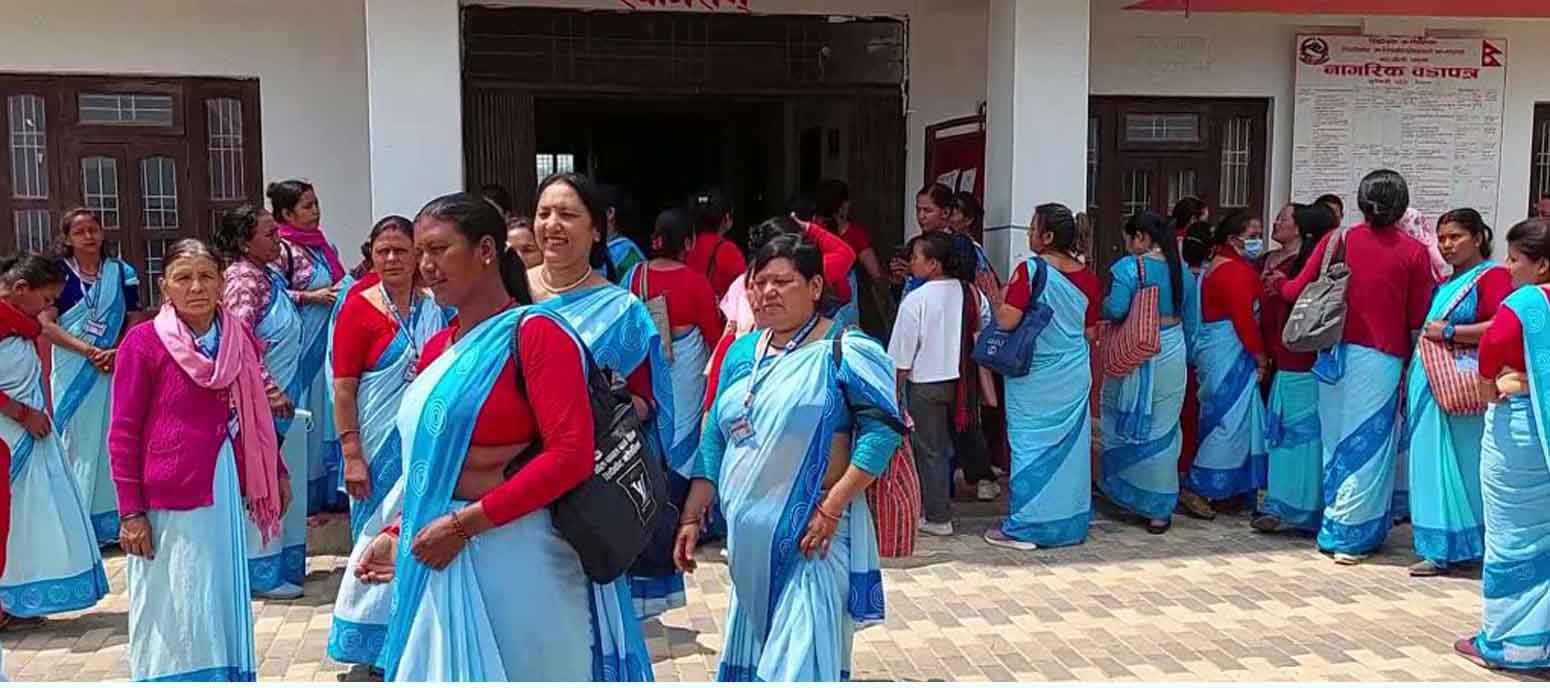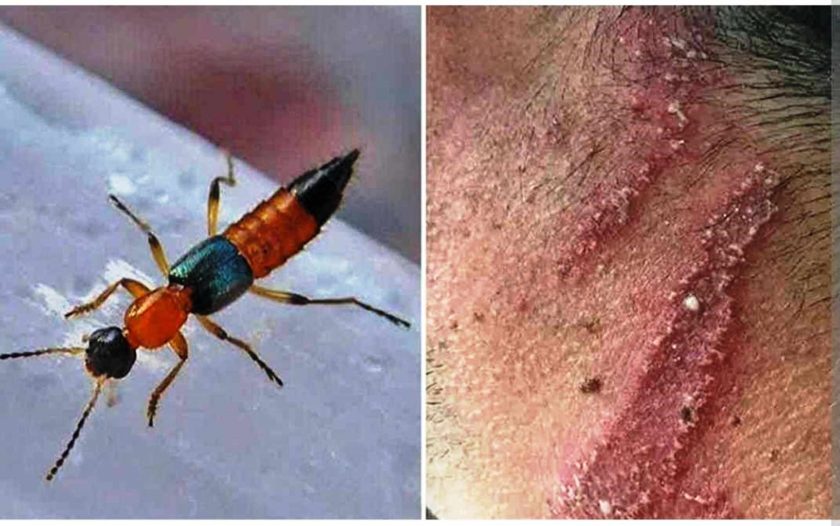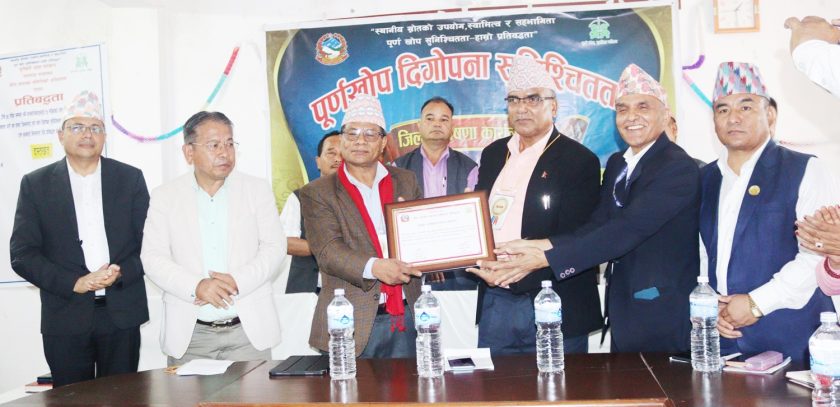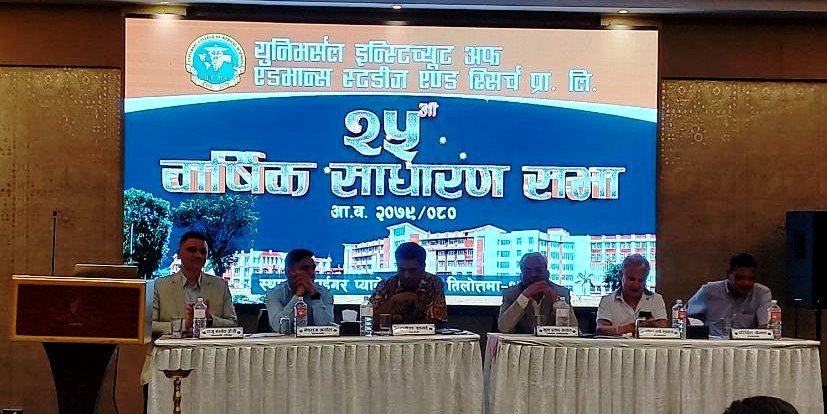Health news/In Mathagadhi Rural Municipality, Rupse, Yamkala Basyal has been serving as a Female Community Health Volunteer (FCHV) for the past nine years. Her responsibilities include monitoring the health of pregnant women, infants, and elderly individuals in her locality. She advises them to seek necessary treatment, ensures regular check-ups for pregnant women, provides iron supplements, and administers polio vaccines to children. However, she expresses dissatisfaction with the lack of compensation for her extensive efforts.
“We dedicate our lives to serving society,” she says. “It would be better if the government provided us with some support and facilities. We have families to look after too.” Despite working tirelessly from morning to evening, most of her services remain unpaid. She highlights that the local government offers a 50% subsidy on health insurance, and both the federal and local governments provide a minimal monthly transportation allowance of NPR 1,000 each, but there are no other benefits.
Similarly, Lilamaya Rana from Rambha Rural Municipality-3, Pipal Danda, shares similar concerns. Having worked as an FCHV for 20 years, she remains committed to supporting pregnant women and children under five. She recounts advising women to deliver in health institutions, escorting them if necessary, and waiting for hours to ensure their safety. However, Rana feels that her dedication is not matched by adequate recognition or benefits. “We take responsibility for most health-related tasks in our community,” she says. “We leave our families behind to serve, but we don’t get the respect or support we deserve. The government provides only NPR 10,000 annually for uniforms, which is insufficient.”
Mina Thapa from Rainadevi Chhahara shares her apprehension about retirement, saying, “We work as long as we can, but there’s nothing for us in old age. The government should think about our future.” Thapa and her peers, despite their smiles while spreading health awareness, harbor deep concerns about life after service.
Across the district, 625 FCHVs face similar struggles. While their contributions are pivotal in the health sector, their efforts are yet to be adequately recognized. Tuka Prasad Pokharel, Chief of the Health Office in Palpa, acknowledges their importance. “Although there is no salary, the government provides NPR 10,000 annually for uniforms. Additionally, FCHVs above 60 years of age receive NPR 20,000 from the federal government and NPR 50,000 from the provincial government as a one-time incentive,” he says. Local governments also provide allowances for transportation and snacks, along with health insurance discounts.
Despite these measures, Pokharel admits that their roles and contributions are not appropriately valued. FCHVs have been instrumental in linking communities with Nepal’s health system since 1988 when the program was launched in collaboration with USAID. Today, over 52,000 women serve as FCHVs across the country, particularly in remote areas where access to doctors and basic healthcare remains a challenge.
International Volunteer Day, observed annually on December 5, doubles as National Female Community Health Volunteer Day in Nepal. Although intended to celebrate FCHVs and boost their morale, it raises lingering questions about the tangible impact of such celebrations on their recognition and well-being.
In a country where many health institutions lack doctors and other medical staff fail to meet patients’ needs, FCHVs serve as the backbone of rural healthcare. Their role in addressing basic health issues and preventing life-threatening conditions in underserved communities is irreplaceable, yet their contributions demand greater acknowledgment and support.






प्रतिकया दिनुहोस्